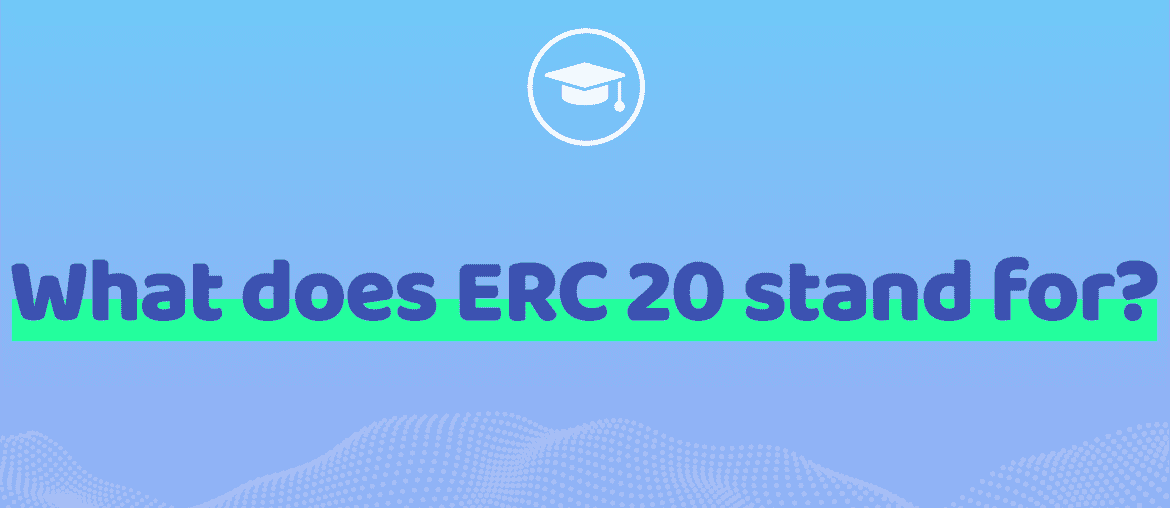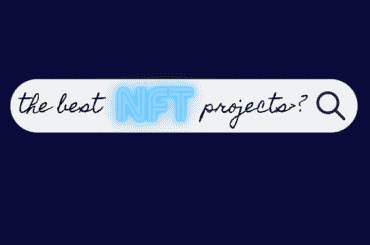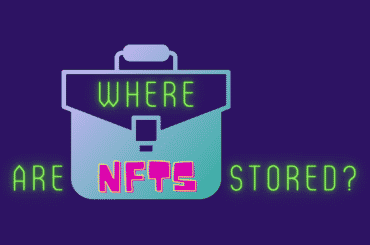The cryptocurrency universe is full of fun vernacular, abbreviations, and nicknamed codes for nearly everything. One of those strange terms to those just diving into crypto is ERC 20. What precisely is it? And what does it have to do with crypto?
We are here to help you learn so you too can better understand these tough terms and dive into crypto with a wealth of knowledge, to build a wealth of your own.
Table of Contents
Ethereum Network
One of the most popular cryptosystems on the world wide web these days is the blockchain system known as Ethereum. Second only to Bitcoin in popularity, this decentralized ledger is used for more than just digital money.
Based on a smart contract format, this platform allows creators of all kinds to make money selling online. From finances to games, apps to crypto, there is no limit to the peer-to-peer network that makes up the Ethereum network except one’s imagination.
Crypto Tokens
The basis of Ethereum is the use of tokens. These tokens can represent nearly anything. Think of them somewhat like chips in a casino. There, the colorful plastic chips represent different values of money. In the case of Ethereum, a token represents digital assets. These assets can range to represent anything from a voucher or IOU of funds, to even being used to represent physical objects.
Ethereum’s own website describes tokens as representing anything, including:
- reputation points in an online platform
- skills of a character in a game
- lottery tickets
- financial assets like a share in a company
- a fiat currency like USD
- an ounce of gold
Since tokens can represent so many things, it is important to set a standard, or fungible tokens, value. That is what the ERC-20 is for precisely.
ERC-20 Tokens
Technically speaking, ERC-20 stands for “Ethereum Request for Comment,” with the “20” standing for its proposal identifier. It is the common standard for creating tokens in the Ethereum blockchain.
This standard value is required to keep things “fair and balanced.” In other words, who would be able to say which is worth more, this ounce of gold or this rare Pokémon card? With the standard of an ERC-20 token, things can be traded seamlessly even across platforms.
The ERC-20 token gives a level playing field to values. You can truly compare apples and oranges if you can determine how many ERC-20 tokens each is worth.
Smart Contracts
A smart contract is a program that is housed on the blockchain. The program operates on an “If/Then” theory, meaning if X occurs, then Y will happen. These contracts create seamless and automated functions. All users on the same blockchain can agree upon the parameters of the smart contract and operate using the same If/Then concept.
Smart contracts are irreversible and cannot be changed. They are, as they say, “set in stone.” This provides some framework and rules around which the members on the blockchain can operate.
Adding the ERC-20 token to the streamlined function of a smart contract, you can not only work smoothly but also pay universally or for trading.
A New Token
Don’t call an ERC-20 token a Bitcoin. The Bitcoin, and Bitcoin cash, is designed to strictly be the native currency on each respective blockchain. However as more platforms adopt the ERC-20 value and establish it alongside its decentralized applications (dApps), these tokens can be converted into other cryptocurrencies.
Both Bitcoin and ERC-20 are blockchain-based currencies, which can be used in buying, selling, or trading. However, the ERC-20 are only created on the Ethereum blockchain, while any other type of cryptocurrency runs on its own unique blockchain.
In other words, the ERC-20 token is more versatile and easily used across platforms. While only recently becoming more popular, the ERC-20 concept was originally proposed in November 2015 by Fabian Vogelsteller. The idea was to allow for a standard of payment with a smart contract.
Streamline the Process
The Internet is always a place for the smarter, faster, and more efficient. The smart contract was a great way to streamline workflow. Operating in that “If/Then” concept, smart contracts create an automated system.
But how could you compare those proverbial apples and oranges if there are no standard values across the board? That is where the ERC-20 stepped in.
The smart contract’s execution is dependent on that If/Then, but if each time the user and the programmer had to negotiate the value of the input and output, it would be a red-tape nightmare. Instead, by having a set value of a single token type, all users on the blockchain can agree that something is worth “Z” tokens.
Orange Dollars and Apple Euros
One analogy could be drawn from the use of a U.S. Dollar and the Euro. If each time, a process required a manual discussion of how much the dollar is worth compared to the Euro, at that precise minute, it would create a chaotic environment of confusion.
Imagine standing at the counter to pay for your coffee, and awaiting the up-to-the-moment breakdown of a complex conversion rate to determine your tab. There would be a serious breakdown in basic life functions (i.e. the workflow).
Instead, if we agreed to all use the same token of payment, universally accepted with an understood and agreed upon value, there would be no need to negotiate or haggle. The value would be understood. This value in the crypto world is the ERC-20 token.
The Bottom Line
The ERC-20 has set a standard, not just for executed smart contracts, but for buying, selling, and trading across multiple platforms. Streamlining workflow and creating less steps in the digital currency world. These tokens look to have a positive future.
Developers are happy with its creation, and many are using this ERC-20 token as a common set standard to support transactions across the board. The transfer of funds has been made easier because of its example.





